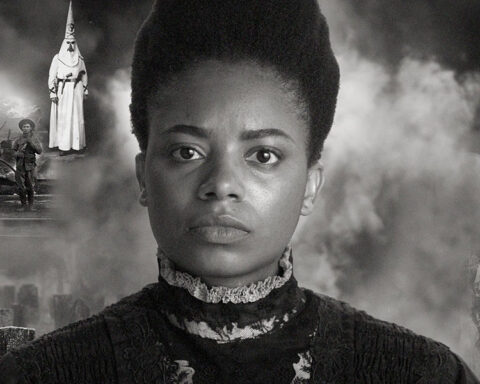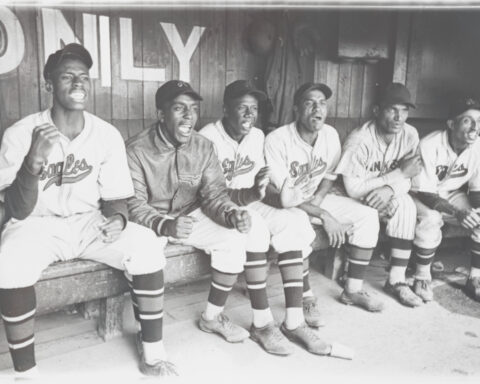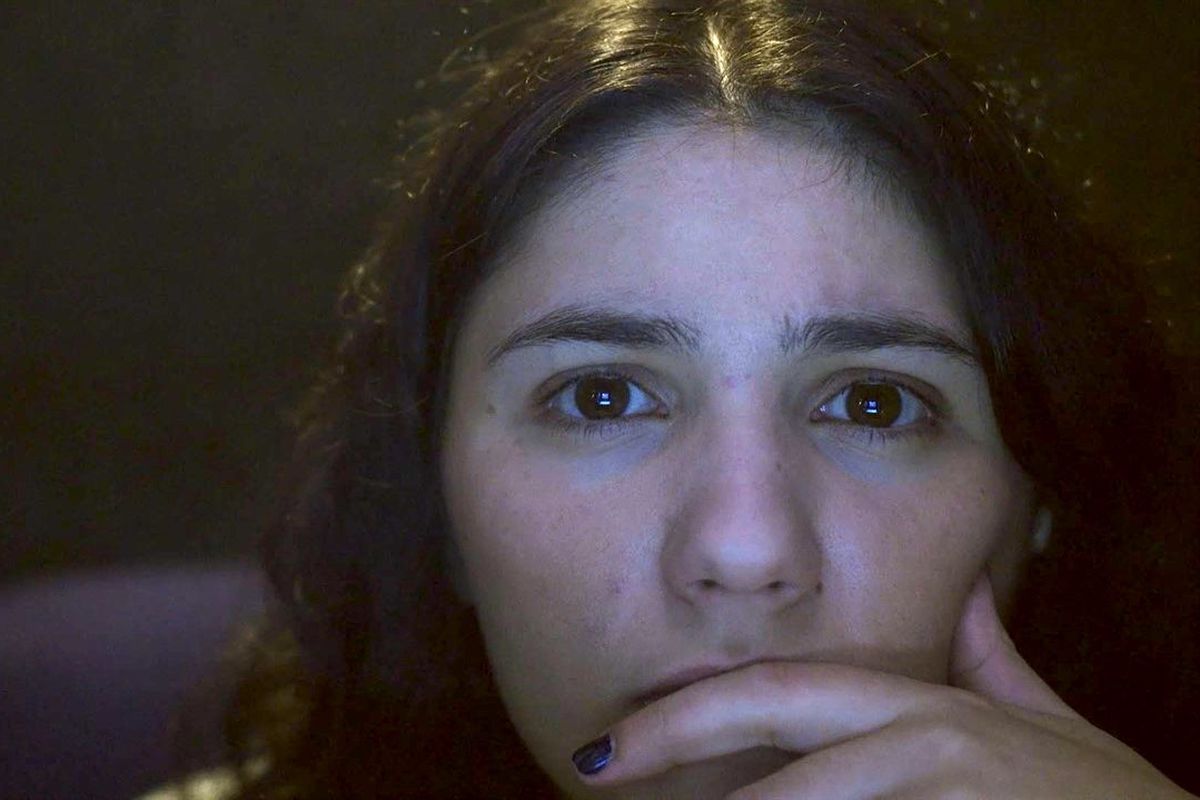Shared Legacies: The African-American Jewish Civil Rights Alliance
(USA, 97 Min.)
Dir. Shari Rogers
In these divisive times, when political rhetoric has led to a rise in anti-Semitism and hate crimes, director Shari Rogers reminds us of what can be achieved when people come together. If history can provide a roadmap to a better future, then her documentary Shared Legacies: The African-American Jewish Civil Rights Alliance aims to be the GPS that helps society get back on the right path.
Focusing on the coalition between the African and Jewish American communities during the Civil Rights era, Rogers’ documentary explores how shared experiences of discrimination can foster bonds of unity. Shared Legacies does not waste any time in highlighting how the two communities were often thrown together due to the oppression and racism occurring in America. Furthermore, despite being placed in different rings throughout history, their fight for equality was the same. Each group understood the physical and emotional scars, which often span generations and come from years of trauma. The documentary makes it clear that once a culture has been enslaved, as both African-Americans and Jewish people were, the reverberations never leave you.
While Rogers’ film touches on slavery, the Holocaust, police brutality, and the rise anti-Semitism and anti-Black racism, Shared Legacies is not concerned with comparing scars or arguing over who suffered more. Instead, the film celebrates a sense of collaboration and friendship whose powerful light is in urgent need of rekindling. The documentary frequently shows what can be achieved when, regardless of our differences, communities lock arms in solidarity against hate. The film emphasises this point wonderfully when Rogers focuses on the friendship between Dr. Martin Luther King, Jr. and Rabbi Abraham Heschel. Sharing a mutual respect, and an inherent understanding of the ways in which the Black and Jewish struggles are interwoven, Dr. King and Rabbi Herschel knew the importance of people lifting each other up in the face of a system designed to keep one group down.
While standing up for others can have its own set of consequences, Shared Legacies makes a strong case that remaining silent is even more damaging. This is something understood by individuals such as Rabbi Milton Louis Grafman, who challenged his temple to not be idle while Black people endured violent acts of racism in Alabama, and Kivie Kaplan, who served as president of the NAACP from 1966-1975. The Civil Rights movement was a time where being on the sidelines was not an option. As Harry Belafonte remarks in the film, “If you were Jewish and not down for the cause we held you in suspicion.” The stakes were too high for the coalition not to fight for what was right.
The stakes really hit home for the Jewish community in 1964 when activists Andrew Goodman, James Earl Chaney, and Michael Henry Schwerner where murdered by members of the Ku Klux Klan. As Maya Angelou points out in an archival interview, America was “not used to white men killing white men because of Black men.” The deaths of Goodman and Schwerner came as a wakeup call, a reminder that if these atrocities could happen to the African-American community they could happen in any community. Rogers’ film is constantly aware of the vulnerabilities that arise when communities are pulled apart.
Shared Legacies explains that cracks in the once unbreakable bond began to surface after the deaths of King and Heschel. External forces, including the media, began spinning narratives that pitted the two sides against one another. While a small gulf has grown between the communities in recent years, Rogers wants her film to provide a bridge back to solidarity.
While Shared Legacies present this bridge in a rather straightforward fashion, what it lacks in style it makes up for in content. Packed with archival footage and engaging interviews from those who to took part in the coalition, the film’s message resonates. Share Legacies is an insightful and timely reminder of the importance of communities coming together to denounce hate and injustice.
Shared Legacies: The African-American Jewish Civil Rights Alliance screens at the Toronto Jewish Film Festival on November 1 – November 2.












